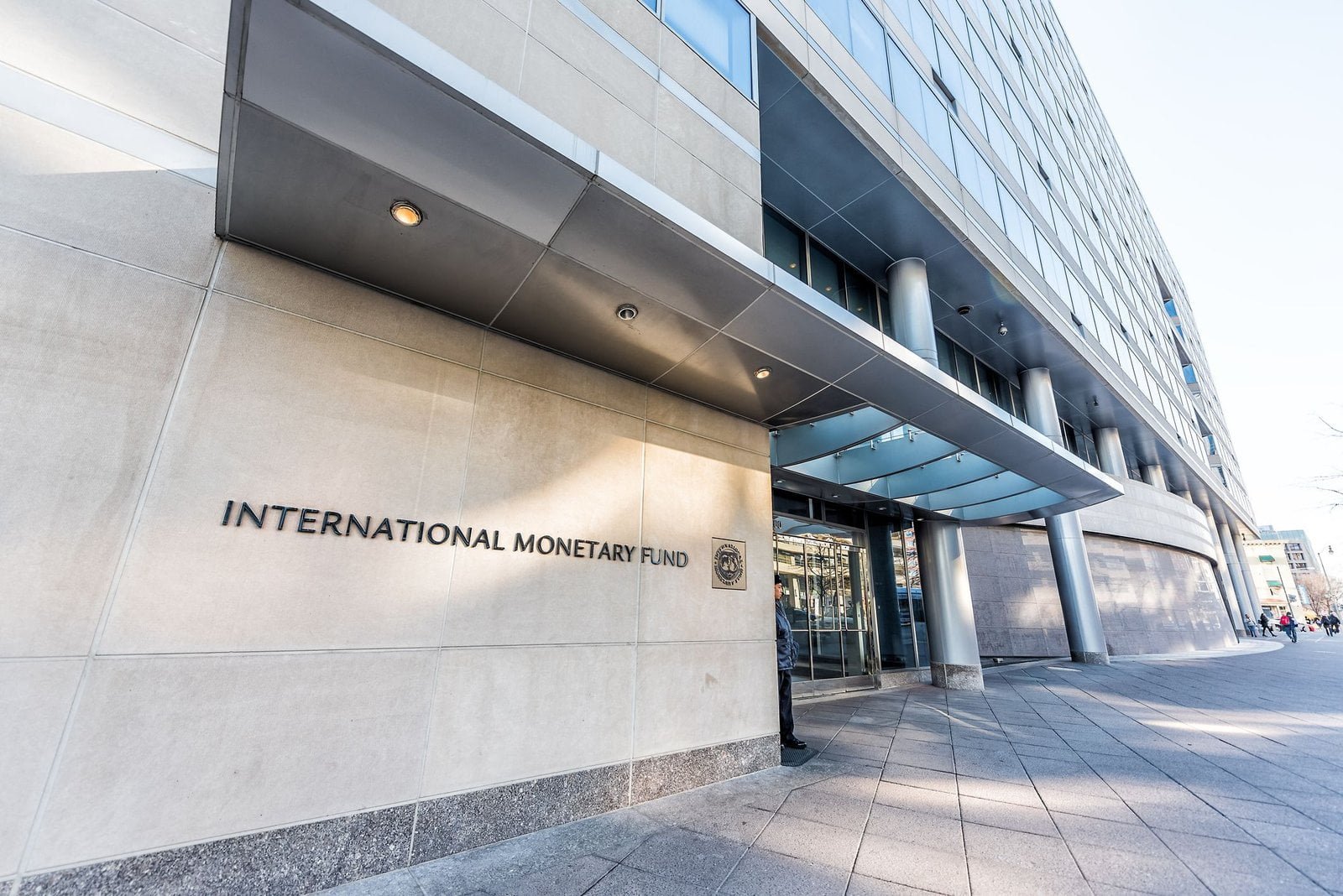IMF Sees Significant Increase in Correlations Between Bitcoin and Asian Equity Markets – IMF officials claim that there is now a considerable association between the performance of the Asian equities markets and digital currencies like bitcoin and ethereum. In a blog post about cryptocurrency regulation and how it is now more in step with Asia’s equities, the International Monetary Fund (IMF) was addressed.
The post was written by Tara Iyer, an economist in the Monetary and Financial Markets Department’s global financial stability analysis division, Anne-Marie Gulde-Wolf, the IMF’s deputy director for Asia and the Pacific, and Nada Choueiri, the mission chief for India.
People Also Read: UN Report Reveals Venezuela Ranks Third Among Countries With Most Crypto Adoption
Before the pandemic, there was little link in returns or volatility between bitcoin and Asian equity markets, but this has changed considerably since 2020, according to their analysis. However, as millions of people stayed at home and received government assistance, cryptocurrency trading increased. Low interest rates and simple financing requirements also played a part.
They stated:
“The performance of the Asian equities markets and cryptocurrencies like bitcoin and ethereum have become more closely correlated as a result of the influx of Asian investors into the area.”
The return correlations between bitcoin and the Indian stock markets, for instance, have multiplied tenfold since the outbreak, the IMF officials noted, suggesting limited benefits of cryptocurrency for risk diversification. Likewise, “The volatility correlations have tripled.”
The IMF representatives also stated that “the rise in crypto-equity correlations in Asia has been accompanied by a sharp rise in crypto-equity volatility spillovers in some Asian countries,” explaining that this shows a growing interconnectedness between the two asset classes that allows the transmission of shocks that can affect financial markets.
People Also Read: Russia’s Finance Ministry Supports Circulation of Stablecoins in Country
Additionally, according to IMF officials, “Regulatory frameworks for cryptocurrencies in Asia should be adapted to the principal uses of such assets within the countries.” The authors continued, “They should establish clear guidelines on regulated financial institutions and aim to educate and safeguard retail investors,” further explaining that for crypto legislation to be truly effective, jurisdictions must work closely together.




